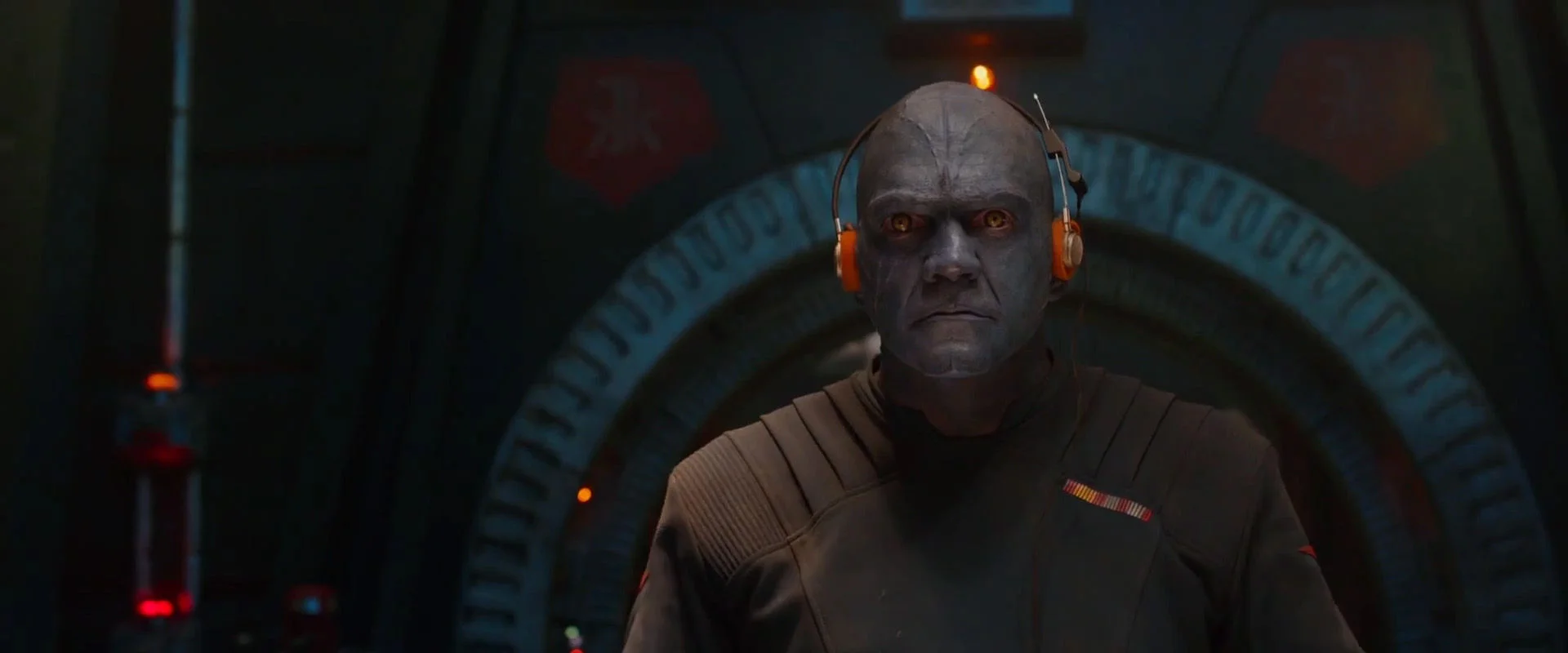Successful science fiction takes ideas that exist in popular culture and presents them in a stunning new way. Guardians of the Galaxy does this with our nostalgia for 1980s culture. There’re a lot of visual references that evoke Raiders of the Lost Ark, Flight of the Navigator, and The Last Starfighter. But what really impacted me was how much Quill treasures his memories of the 80s. He loves his Walkman and mix tape, named his ship after Alyssa Milano, speaks of John Stamos the legendary outlaw and the great heroism of Footloose. Each of these moments gets a good chuckle from the audience and brings back fond memories of Full House (at least for those of us over the age of 30). But for Quill, these things are “the umbilical cord that connects him to earth and the home and family he lost.”
This is what I love most about Guardians of the Galaxy – it perfectly explains the psychology of nostalgia and why we hold on to stuff. All of our emotions exist to quickly communicate information. Sadness tells us a loss has occurred. Anger notifies us that we’ve been wronged. Anxiety warns of danger. What does nostalgia do? Think about a fond memory from your childhood – those scratch and sniff stickers, watching ALF, making a mix tape, any of them is fine. Take a break from this article and let your memories wander back to the 80s.
When you get nostalgic, what happens? You probably feel good for a little bit and then you start thinking about the people in those memories – friends, siblings, or your parents. Maybe you get an urge to reach out to one of those individuals. Or perhaps you want to share your story with someone nearby. That’s why nostalgia is built into our software – it reminds us that social relationships are important and encourages us to connect with the people we love. Objects from our past, and things that remind us of our past, preserve our memories and connect us with our loved ones. By holding tightly to his Walkman, Quill keeps the memory of his family alive. It’s probably Quill’s nostalgia (and how much he wants to connect with others) that makes him so motivated to turn Gamora, Drax, Rocket, and Groot into his friends.
Of course nostalgia is exploited all the time to sell products (like this film), but the way Guardians of the Galaxy tells this story validates a big trend in pop culture. Those of us who grew up in the 80s like to buy stuff that reminds us of our childhood. It’s not that we’re childish or have some kind of psychological problem. We’re just trying to keep the memories of those important experiences alive, just like Star-Lord. That's why I've got a collection of Street Fighter video games and toys at home. They bring back beloved childhood memories of hanging out with my brother before he passed away.
The Mood-Altering Power of Music






